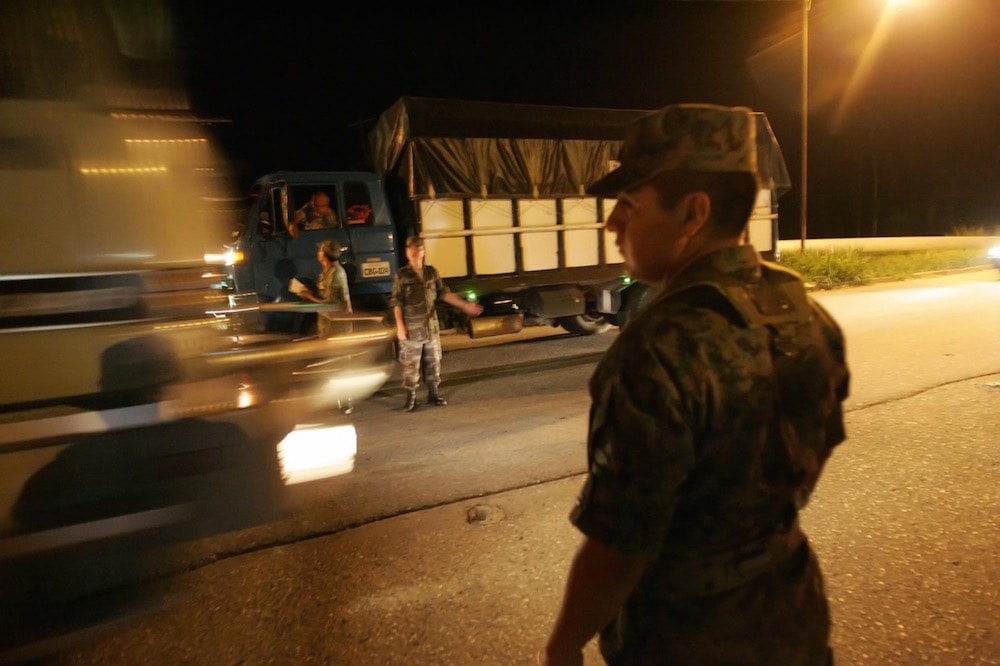The country's political turmoil, security crisis, and risks to press freedom escalate as elections approach.
This statement was originally published on cpj.org 28 June 2023.
Public-interest reporting under threat ahead of critical 2023 elections.
Political paralysis and spiking crime pose grave threats to press freedom in Ecuador, finds a new report by the Committee to Protect Journalists (CPJ) published today.
CPJ’s report, “Ecuador on edge,” found the country’s journalists face the prospect of acute violence amid a security crisis with no precedent in recent history. In 2022, Ecuadorian press freedom group Fundamedios documented 356 attacks on the press, the highest number since 2018. In the first four months of 2023, the organization reported a total of 96 attacks.
In recent months in Ecuador, two journalists were forced to flee due to death threats, explosive devices were mailed to multiple broadcasters, and reporters are compelled to be accompanied by law enforcement in order to cover violent areas.
The fear of physical retribution has led Ecuadorian journalists to self-censor, producing a chilling effect on vital public-interest reporting. As a consequence, local communities across Ecuador are without access to reporting affecting their daily lives, notably in the lead-up to the general elections scheduled for August 20, 2023.
“Ecuador’s public safety crisis has triggered a serious deterioration in the conditions for local press, underscoring the urgent need for investment in mechanisms that strengthen press freedom and fortify journalist safety,” said Carlos Martínez de la Serna, CPJ’s program director. “Ahead of Ecuador’s upcoming elections, it is essential to the integrity of the country’s democracy that local journalists can report the news without fear of reprisal to ensure Ecuadorians are informed and have access to reporting that holds power to account.”
The legacy of former President Rafael Correa’s anti-press sentiment continues to inflict lasting damage on press freedom in Ecuador, which saw retaliatory defamation lawsuits and restrictive measures against the media become commonplace.
President Guillermo Lasso, who took office in 2021, has taken steps to protect the press, yet political turbulence has thwarted the administration’s progress towards comprehensive media reform.
The report includes CPJ’s recommendations to Ecuador’s executive branch and judicial, administrative, and law enforcement authorities, as well as the international community, to implement actions to strengthen Ecuador’s press freedom commitments.
These include calls to guarantee financial resources for the effective functioning of the existing mechanism to protect journalists and a commitment from the Lasso government that Ecuadorian journalists and media outlets can report the news without fear of reprisal, particularly in the weeks ahead of the elections.



